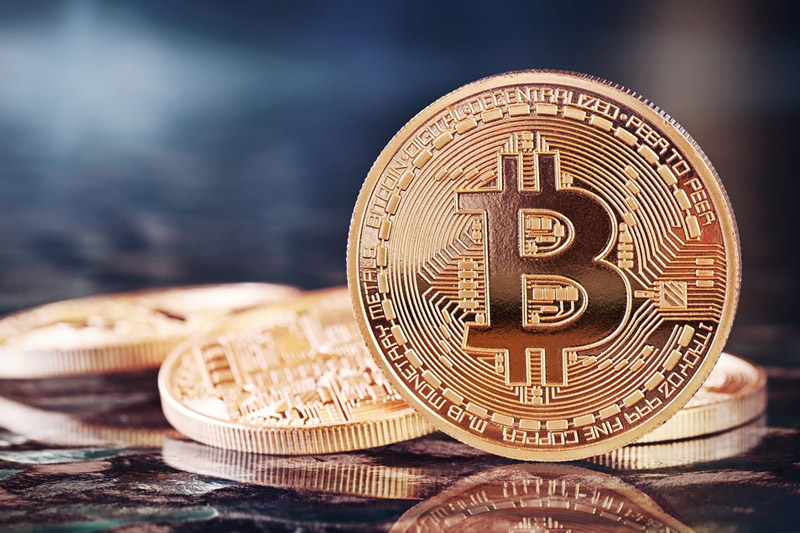Investing.com - Cryptocurrency prices slipped on Thursday, while Ethereum co-founder Joseph Lubin’s comments raised some eyebrows as he said the surge in crypto prices last year was bubble.
Bitcoin (Bitcoin) was down 0.4% to $6,303.7 at 1:40AM ET (05:40 GMT) on the Bitifinex exchange.
Ethereum traded 0.6% lower to $284.1on the Bitifinex exchange.
Ripple slipped 1.4% to $0.28159 in the last 24 hours on the Poloniex exchange, while Litecoin lost 1.5% to $54.946.
Lubin said on Wednesday in an interview with Bloomberg that he believed speculative “trader types” are driving volatility but he is not overall concerned that recent slump in prices would slow down the development of core infrastructure and adoption.
“We’ve seen six big bubbles, each more epic than the previous one, and each bubble is astonishing when they’re happening but when you look back they look like pimples on a chart,” Lubin said during an interview on Bloomberg Television. “With each of these bubbles we have a tremendous surge of activity and that’s what we’re seeing right now.”
The digital currency industry recovered in the previous session after seeing its market capitalization dropping to about $190 billion this week, down from a peak of about $835 billion in January.
“The crypto market appears to be in its final stretch of its bearish state,” Chris Yoo, a portfolio manager at Black Square (NYSE:SQ) Capital, said in an email. “This correction is not unexpected due to the over-valued nature of many blockchain projects and regulatory uncertainty.”
In other news, Ripple’s vice president Jeremy Light said the blockchain company is interested in the Chinese market and its distributed ledger technology designed to speed up cross-border payments.
"China is definitely of interest, it is definitely a target," Light said in an interview with CNBC. "China is definitely a country and region of interest."
China is home to a number of large fintech (financial technology) firms, with payment apps like Ant Financial's Alipay and Tencent's WeChat Pay proving popular with Chinese consumers.
